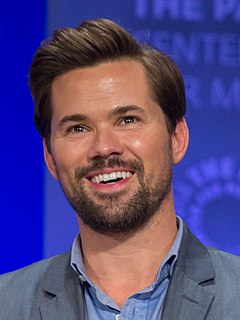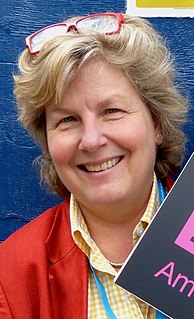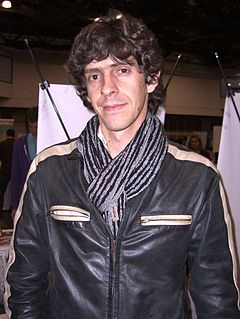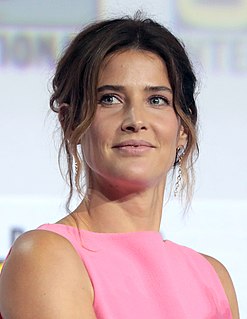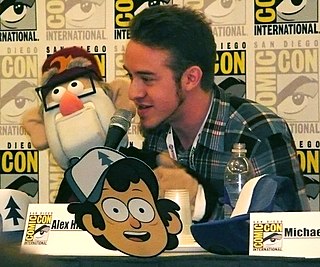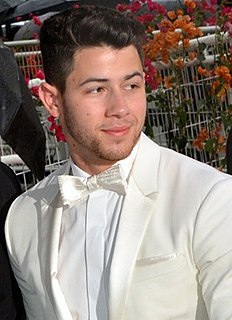A Quote by Douglas Coupland
Characters in a book are very much like personalities divvied up within a family. In the end, it all averages out to a sort of overall averageness.
Quote Topics
Related Quotes
Completing a book, it's a little like having a baby.... There's a feeling of relief and satisfaction when you get to the end. A feeling that you have brought your family, your characters, home. Then a sort of post-natal depression and then, very quickly, the horizon of a new book. The consolation that next time I will do it better.
People come, people go – they’ll drift in and out of your life, almost like characters in a favorite book. When you finally close the cover, the characters have told their story and you start up again with another book, complete with new characters and adventures. Then you find yourself focusing on the new ones, not the ones from the past.
I think kids are in your temporary care, and that they probably arrive with pretty much the personalities they're going to have. I grew up in a perfectly traditional family and turned out how I did. I'm not sure there's much that the family can do except lots of love and lots of care and lots of chances for them to develop the best they can.
Margaret Cavendish was one of the people who came up in the course. That was when I started thinking about her as a character for a book, but my idea was for a totally different book. It had all these characters in it; Samuel Pepys was one of the main characters. He famously wrote these extensive diaries through the period that are really funny and sort of saucy, actually.
I always have a few ideas that are percolating, and then after I've finished a book and it's a year later, and things are sort of festering and things are disgusting in my house and I have to get back to work, whatever project I keep thinking about is the one I end up working on. Sort of a very simple process of elimination.


